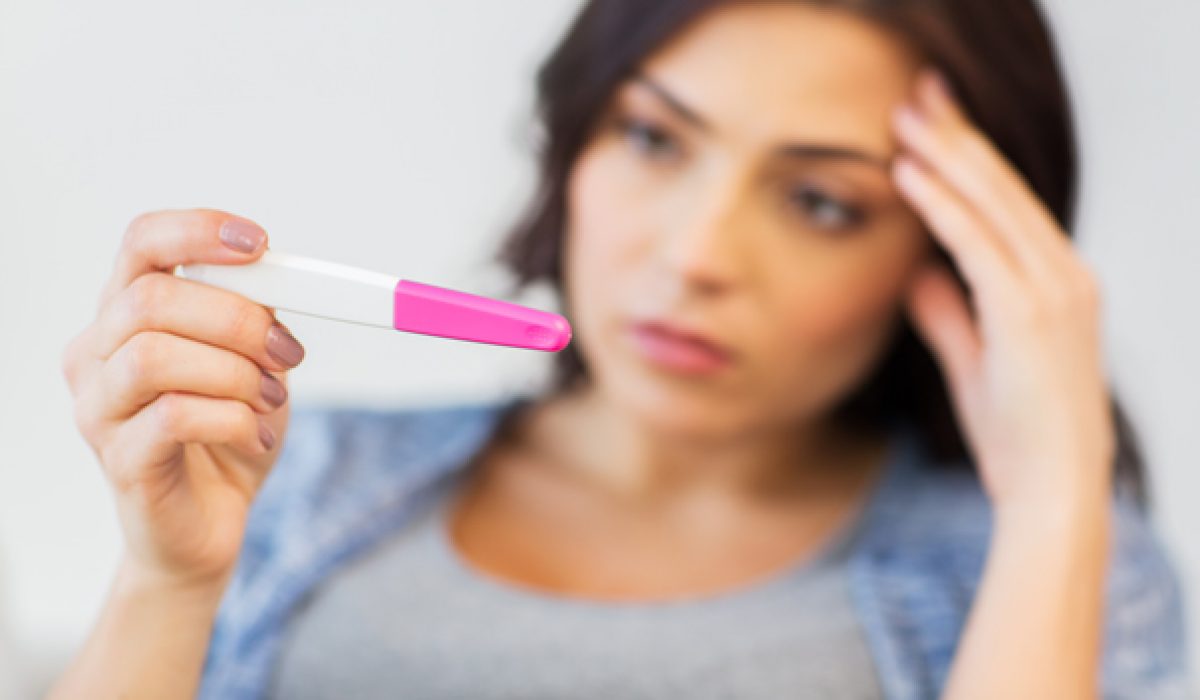Planning on starting a family one day? As many as one in six couples in the UK experience fertility problems. There are often early signs of infertility in women that can signify something might be wrong. However, often couples will only start looking at potential fertility issues after they have been trying to get pregnant for 12 months or more.
Sexually transmitted infections (STIs), ovulation disorders, issues with follicle growth, tubal obstruction, uterine factors and immune factors can all cause problems when it comes to conceiving.
Whilst it’s commonly known that STIs are prevalent in this day and age, particularly in and around the London area, what is less well known is that these can cause permanent damage to your reproductive system if not treated. You can read more about the first signs of an STI in our last blog post.
The good news is that some conditions like polycystic ovary syndrome (PCOS) and endometriosis do display symptoms, so it is possible to recognise early signs of infertility in women – or signs that something may be amiss – before you even start trying to conceive.
Dr Alex Eskander, Consultant Gynaecologist at The Gynae Centre explains: “If you’re not currently thinking about having children, but may want them in the future, it’s advisable to get a handle your reproductive health early on. If left untreated, as well as hindering fertility, conditions like PCOS can lead to type 2 diabetes and endometriosis can cause irreversible damage to your pelvic area.
“The best thing you can do is be aware of what’s normal for your body. Being able to recognise any unusual symptoms or changes in your body will be useful in early intervention and can help minimise – or prevent – long term damage from untreated conditions.”
Designed to spot warning signs of pelvic disorders, cervical cancer and breast disease, a well woman check can give you reassurance and peace of mind. Although they can be carried out as a one-off, it is recommended that a well woman check forms a regular part of your healthcare. At The Gynae Centre we also offer a fertility screen which includes an ultrasound scan to check follicle count and anti mullerian hormone levels to indicate your fertility level.
Early signs of infertility in women
Irregular periods: Whilst it’s not uncommon for your period to be a few days out, anything more than that could be a sign of something larger at play. Irregular periods suggest a problem with ovulation, which can make it more difficult to become pregnant.
No periods: If you don’t get a period then it’s likely you’re not ovulating at all and if you’re not ovulating, you can’t get pregnant. Lack of periods have been linked to PCOS, but can also be associated with premature ovarian failure, stress, over-exercising, menopause, and being overweight or underweight.
Incredibly painful periods: If you are experiencing dysmenorrhea (pain before and during menstruation) this can be a sign of a condition like endometriosis, fibroids or pelvic inflammatory disease (PID). PID usually starts later in life when you are in your 30s or 40s.
Acne: If you’ve noticed acne, weight gain, skin tags, changes in your hair or an irregular menstrual cycle (or any combination of these symptoms) this can indicate a potential problem like PCOS, which is due to an imbalance of reproductive hormones.
Reduced sex drive: There are many reasons your sexual desire might be affected, and this includes psychological factors, but endometriosis is also a potential cause. With endometriosis you may feel pain during intercourse, particularly with deep penetration.
If you have any concerns about your reproductive health, we recommend seeing your doctor or gynaecologist.
If you’re already trying for a baby and haven’t had any success after 12 months, don’t be shy, get in touch. If you’re worried something is wrong, it’s always better to find out about any problems early on. We work with our sister clinic, The Fertility & Gynaecology Academy, to get to the heart of any fertility problems and help you start your family.
If you have any questions or would like to book a consultation with Dr Eskander or another of our consultants, you can call our admin team on 020 7580 8090 or book online.






